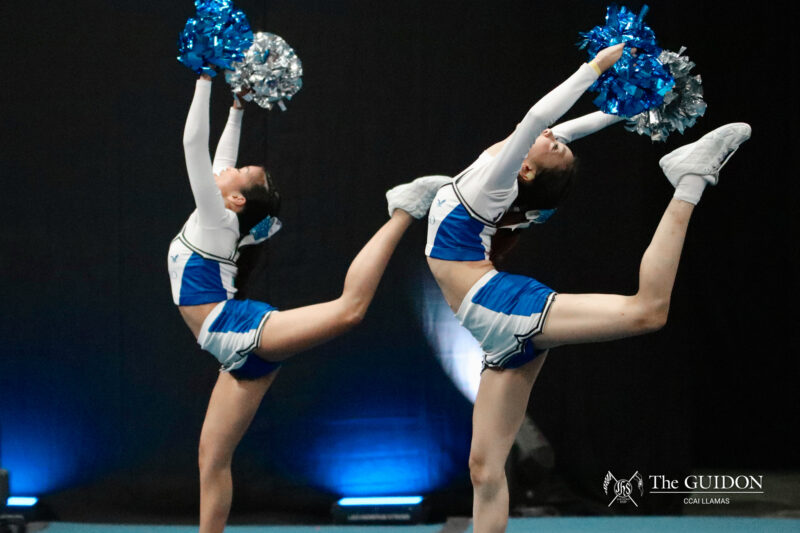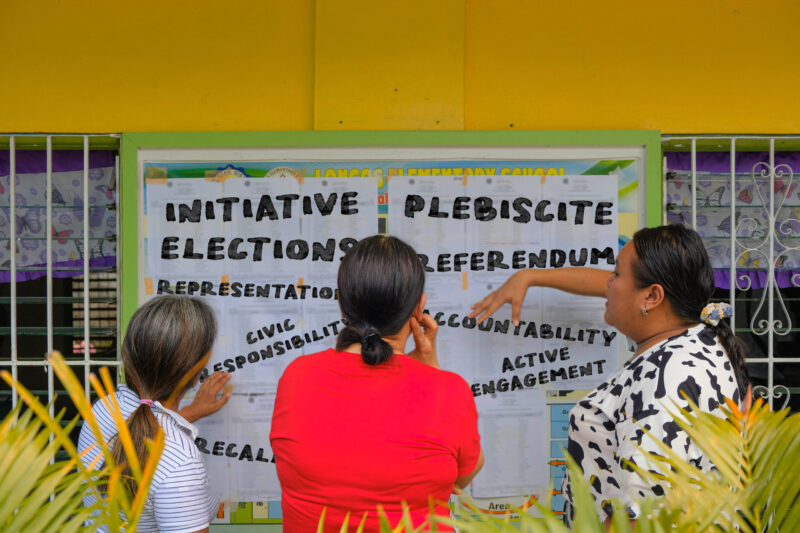We have all heard the story of the Philippine Men’s National Football Team—affectionately called the Azkals—and their Cinderella run to the Suzuki Cup semifinals. Most of us have heard that their greatest obstacles were not their rivals but rather politics, corruption and the lack of government support.
But, as the Azkals’ story seems to be turning the page for the better, the scene in Loyola Heights is uncertain to say the least. On the home front, our very own Ateneo Blue Booters are fighting a similar battle, one which mirrors the Azkals’ struggles through the years.
Glory days gone by
Unknown to many, besides the Blue Eagles, the Blue Booters are among the most decorated in school history. Before joining the UAAP in 1978, they had their share of glory in the NCAA as the champions in 1925, 1951, 1953, 1954 and 1967.
The Loyola-based football team even did a three-peat in the UAAP, winning the top crown in 2004, 2005 and 2007. For the past two years, however, the team has failed to meet expectations—their last podium finish was in 2007, when they lost in the finals to FEU.
If the Philippine Football Federation has its controversial figure in the outsted ex-PFF president Jose Antonio Martinez, the man in the hot seat for Ateneo Football is coach Ompong Merida.
Since taking over in 1996, Merida was the man on the bench when Ateneo achieved its football three-peat—becoming the only coach in UAAP football to have achieved the accolade.
“I like the pressure, I understand where they are coming from when they want to see results,” said Merida on his obligation to deliver this year, more than ever.
Dissenting ranks
Merida acknowledges that the team has not performed well under his watch in recent years, but he insists that success is a cycle.
The coach says that the disparity between the talent level of the Blue Booters and other teams is quite wide. “[Our] guys play at the Rizal Football Association level and it’s really different when you come to the UAAP to play against guys from all over the country,” says Merida. Perhaps evermore feeling the pressure he goes on to say, “Give me players like those from UST and UP and I’ll give you a champion team.”
Blue Booter Anton Amistoso shares the sentiment, he says, “University Athletics is very supportive. But if you compare that to what other schools are doing we know more can be done.”
But beyond any issues of support, perhaps the darker cloud over the Blue Booters is between player and coach. Beneath the Blue Booters’ façade, there is a series of internal conflicts when it comes to the way they should approach the game and the way the system is run.
Stand up, speak up
Kiko Meily, an ex-varsity and UAAP player, who left the team after his first season says, “I just didn’t like the Ateneo football system.”
In his defense, coach Ompong is quick to acknowledge several successful seasons by the Blue Booters with him at the helm, “I look back at all those champion teams and I take what worked for them and try to apply it.” But what can be interpreted as sticking to what works may be seen as a failure to adjust to the times by others.
“The tactics are the same as the winning team [during the three-peat]. I feel like it’s the same style but [Merida does not have] the same players,” said a source who wanted to remain anonymous, “if he’s the coach now or next year [Ateneo is] never going to win the championship.”
It may be too simple a solution to say that the coach should be replaced should there be irreconcilable differences with players. But just as it is in many professional teams, it is always the owner and not the players of the team who have the last say.
In a predicament of similar circumstances, last year’s Lady Booters complained to the University Athletics Office about their coach and no action was taken as a result. Players were demotivated, leading to mediocre results in the tournament.
Ateneo Football Program Head Bob Manlulo has seen this situation time and again. “Whenever the team’s performance is not at par, the coach is always at fault. But if the team is in a winning trend, credit goes to the players. There are a lot of factors affecting the team performance whether winning or losing. Everyone is accountable for it,” says Manlulo.
This issue goes beyond speaking out by the seemingly marginalized. There are always several sides of an issue and rarely is one purely right or wrong.
Rick Olivares who was the Azkals’ media officer during the Suzuki Cup and a close follower of the Blue Booters, has seen football problems at both the university and national level. Olivares believes it is never just one thing, “It’s never just the coach or the program, the players are the ones on the field,” said Olivares, regarding the way the Blue Booters carried themselves on the pitch during their 5-1 season opening defeat to La Salle.
Planting the seeds
When it comes to recruitment, the team has a limited pool of players to dip in to.“When we recruit we look for the best available talent. But they should also be able to pass the ACET,” said Benjo Afuang of the UAO.
This is an area where the Ateneo Football Center (AFC) is lacking, according to Merida. He believes that the program should be intensified; he wants players monitored to great detail to have a profile of players and positions as they move up the age groups. If this happens, the strategy of recruiting inwards becomes something more viable.
Academic demands are usually responsible for Ateneans no longer being key figures in the national football pipeline. Merida believes that the AFC has the potential to produce national calibre players but believes the school first policy for hurts the development. “We have several Ateneans in the Philippine U-14 and U-16, but the senior team takes full dedication all throughout. The school doesn’t allow students to sacrifice their education for that of course,” said Merida.
What faces the Blue Booters and the entire Ateneo Football program is possibly the lack of direction. When faced with the pressure to deliver instantly, but insisting on long term grassroots development instead of recruitment, the problem is difficult to sort out. Merida says, “We have to sit down and find out what direction Ateneo football wants to take.”
With several questions plaguing the Blue Booters, one can understand why this season and those to come may look bleak. It is difficult to defeat the odds, even more, demand so much from so little. But if it may provide any glimmer of hope, the Azkals provide a shining example. After all, who ever expected that, at the end of 90 minutes, the Philippines would beat Vietnam 2 -0?







[…] source: sports.theguidon.com […]